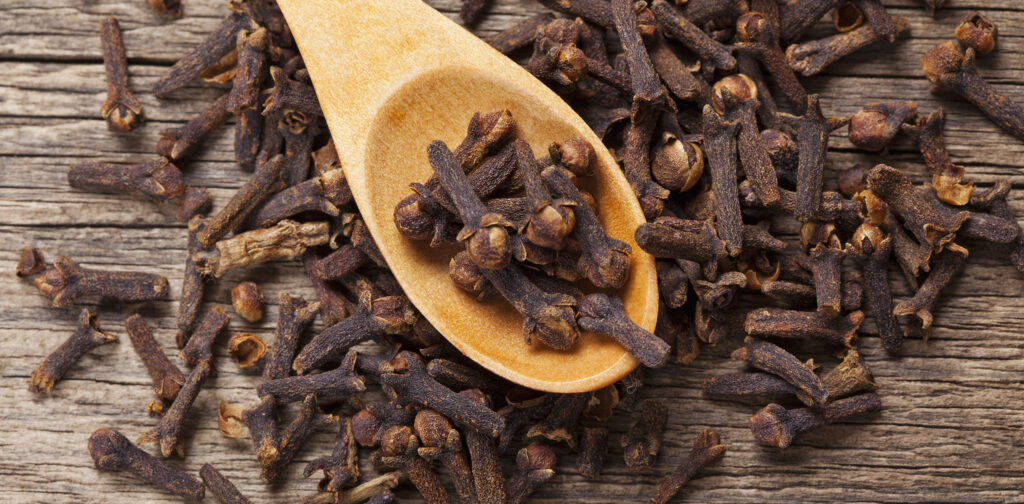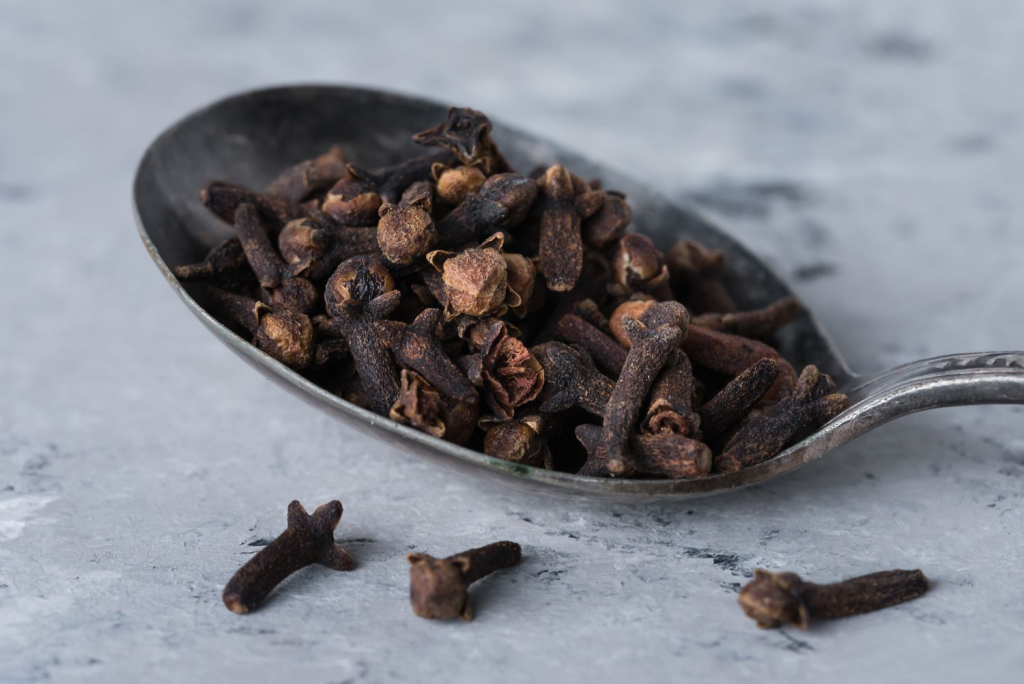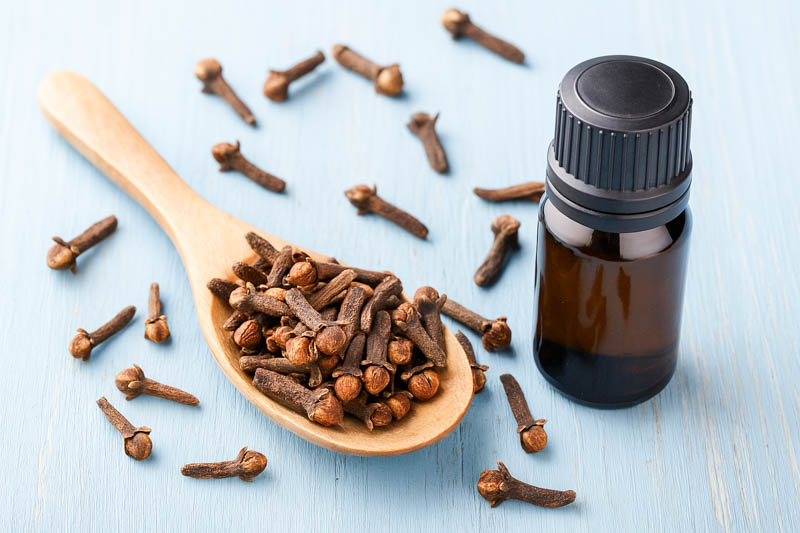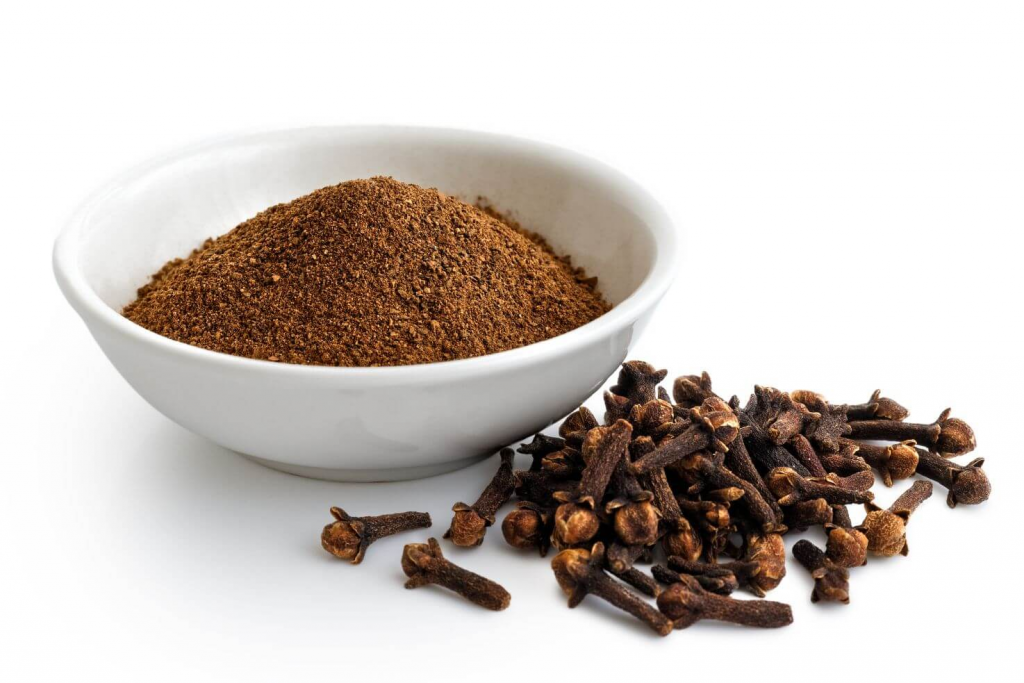What if something as small as a spice could make a huge difference in your daily health? For centuries, cloves have been used in Ayurveda, Chinese medicine, and traditional remedies across the world. They’re more than just flavor for your food—these little buds are packed with antioxidants, anti-inflammatory compounds, and natural oils that can help address everything from digestion issues to immunity.
According to the USDA, cloves are among the top antioxidant-rich foods, beating even blueberries and many nuts. Recent studies also highlight the benefits of eugenol, the main compound in cloves, for its antibacterial and pain-relieving properties. Many people who added just one or two cloves to their daily routine reported noticeable improvements in digestion, fresher breath, better energy, and even fewer seasonal illnesses.
In this article, you’ll discover 11 surprising health benefits of chewing cloves, real-life examples of how people use them, and practical ways to add them safely into your lifestyle. This isn’t just folklore—it’s a tradition backed by modern science and lived experience.

Why Chewing Cloves Works
Cloves contain eugenol, flavonoids, fiber, vitamins, and minerals. When chewed, the essential oils are slowly released into your mouth and digestive tract, allowing your body to absorb them directly. Unlike powdered spice or extracts, chewing whole cloves provides a steady release of beneficial compounds over time.
11 Health Benefits of Chewing Cloves
1. Freshens Breath and Protects Oral Health
Cloves naturally combat odor-causing bacteria in the mouth. Chewing them releases eugenol, which has antibacterial properties and helps reduce plaque. Many people use cloves as a natural alternative to gum or mints.
2. Eases Toothache and Gum Pain
In dentistry, clove oil has been used for decades for its numbing effect. Chewing a clove gently near the affected tooth can provide temporary relief until professional care is available.
3. Supports Digestion and Reduces Bloating
Cloves stimulate digestive enzymes, making it easier for the stomach to break down food. They also reduce gas formation and soothe indigestion.

4. Strengthens Immunity
Cloves are packed with antioxidants that fight free radicals. Daily consumption may help your body resist infections and recover faster from colds and flu.
5. Controls Blood Sugar Naturally
Preliminary studies suggest cloves may improve insulin sensitivity. For people with blood sugar concerns, adding them into meals or chewing them daily could support healthy glucose levels.
6. Reduces Inflammation and Pain
Eugenol acts as a natural anti-inflammatory. People with arthritis, joint pain, or minor injuries may find chewing cloves helpful for easing discomfort.
7. Enhances Liver Health
Cloves contain compounds that protect the liver from oxidative stress. Regular consumption may help cleanse toxins and support liver function.

8. Improves Respiratory Health
Chewing cloves or drinking clove tea can soothe sore throats, reduce coughing, and open airways. It acts as a natural expectorant, helping to clear mucus.
9. Boosts Energy and Reduces Fatigue
Cloves stimulate circulation and improve nutrient absorption, which can lead to better energy throughout the day.
10. Promotes Skin Health
Antioxidants in cloves help reduce oxidative stress, which can slow aging and improve skin clarity. Some people even chew cloves as part of their natural skincare routine.
11. Natural Remedy for Nausea
The warm, spicy aroma of cloves can help reduce nausea and morning sickness. Chewing one clove slowly may settle the stomach.

Real-Life Experiences
- James, 55, New York: “I used to suffer from constant bloating after meals. Since chewing two cloves daily, I’ve noticed a huge improvement in digestion.”
- Priya, 42, California: “My grandmother taught me to chew cloves for sore throats. I still use this trick, and it works every time.”
- Mark, 60, Texas: “I was skeptical at first, but chewing cloves gave me fresher breath and less gum irritation. I’ve even cut back on mouthwash.”
How to Add Cloves to Your Daily Routine
- Chew 1–2 cloves daily after meals.
- Brew clove tea with hot water and honey.
- Crush and mix with warm water as a natural gargle.
- Add to soups, stews, or curries for flavor and health benefits.
Important Precautions
- Avoid chewing too many cloves, as excess can irritate the mouth or digestive tract.
- Not recommended for young children due to choking hazards.
- Pregnant or breastfeeding women should consult a doctor before daily use.
- People on blood-thinning medication should be cautious, as cloves can increase bleeding risk.

Comparison: Cloves vs. Common Remedies
| Problem | Common Remedy | Cloves Alternative |
|---|---|---|
| Bad breath | Sugar gum/mints | Natural antibacterial, no sugar |
| Toothache | Pain relievers | Mild numbing effect with eugenol |
| Bloating | Antacids | Stimulates digestion naturally |
| Cold/flu symptoms | Cough syrup | Natural expectorant, soothes throat |
Conclusion
Chewing cloves may seem like a small habit, but it can lead to big changes in your health. From fresher breath and better digestion to stronger immunity and reduced inflammation, these tiny spice buds pack an impressive punch. While cloves are not a cure-all, they offer an accessible, affordable, and natural way to support your well-being every day.
Frequently Asked Questions
How many cloves should I chew daily?
One to two cloves are enough for most adults.
Can cloves replace my medication?
No. Cloves are supportive, not a substitute for prescribed treatment.
Do cloves have side effects?
In excess, they may irritate the mouth or stomach. Use moderately.
How soon will I see results?
Many people notice benefits like fresher breath or reduced bloating within a week.
This article is for informational purposes only and does not replace professional medical advice.




